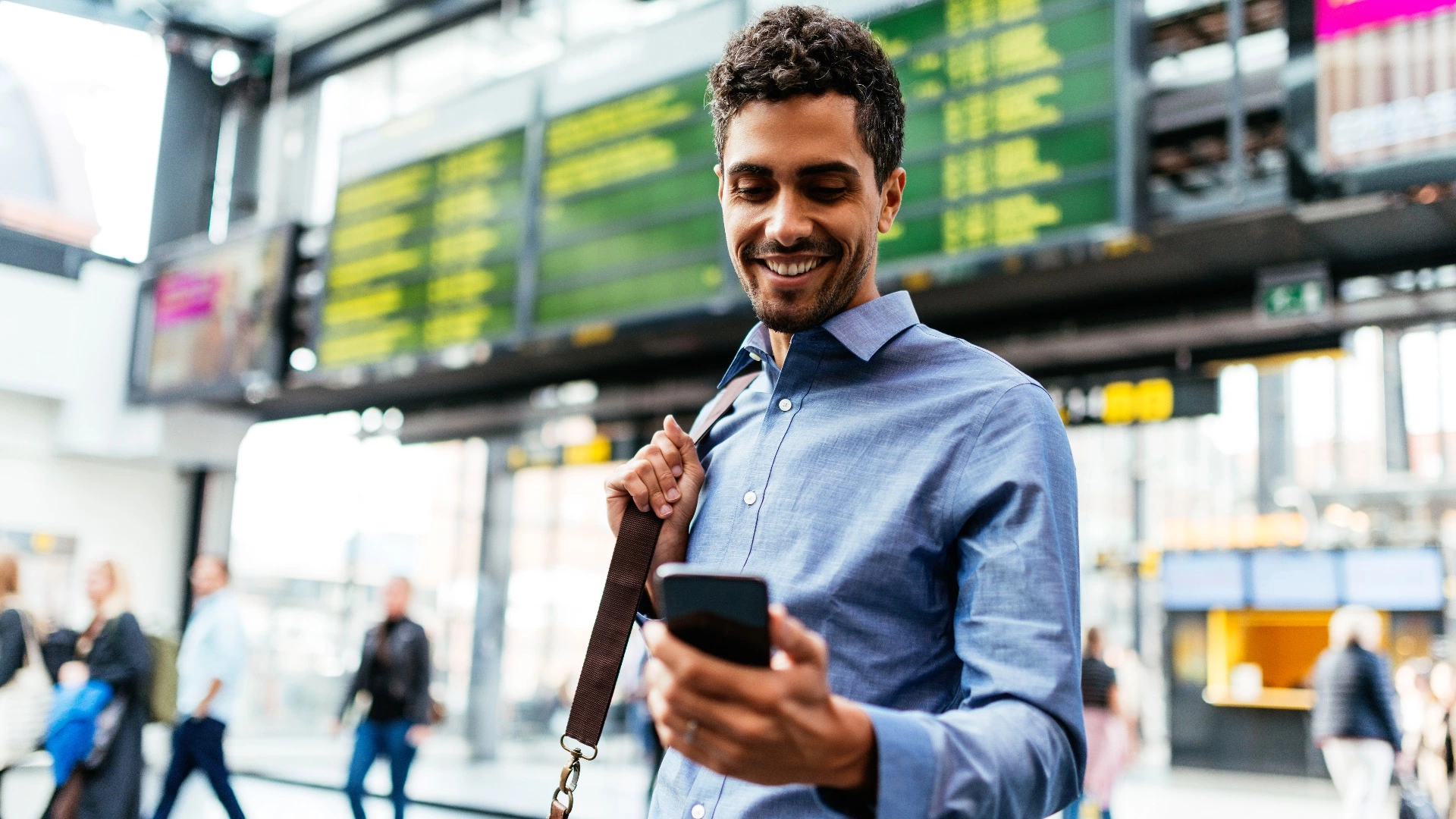With travel becoming increasingly freer it is important to take stock of whether you are prepared to face your international guests. Public means of transportation still pose a threat of contamination, but people are eager to take a chance on a cheap flight and a spontaneous adventure, especially since so much of their lives right now revolves around avoiding others.
Your guests need a treat but they also need you to be more adaptive with both safety measures and your general hospitality practices for both sides to enjoy a beneficial relationship during the pandemic.
Health and Safety
Prep Staff on Health and Safety Codes in Case of an ill Guest
Since there is no unified approach to public safety worldwide, some foreign guests will pose a higher risk of transmitting the disease due to the more lax measures taken in their home state. Your guests and your staff’s health and safety are your number one priority which is why it is best to follow the guidelines issued by the World Health Organization
If an international guest falls ill, depending on your state’s regulation they might not be allowed to leave the facilities until they test clear of the disease. If this is currently the case in your country, then you and your staff need to have a set routine that would allow you to continue operations while minimizing the risk of contamination.
WHO recommendations include:
- Removing the guest suspected of being infected with COVID-19 to a separate suite, to minimize contact with other guests;
- They should not share a common bathroom with other guests to limit the chance of transmission;
- Staff should keep in touch with the guest and ask for regular updates, if they continue to exhibit more symptoms then you need to contact your local designated infectious disease health centre and request that the guest is taken into their care immediately;
- Staff should help escort the guest off the premises only after taking the necessary safety precautions themselves;
- After the guest has been escorted they need to change out the protective gear they have been wearing and safely dispose of it;
- The suite where the guest has stayed should be sanitized thoroughly and isolated for a fortnight;
Develop Clear Sanitation Practices
Hotels provide too many opportunities for lax regulation of hygienic practices. It is after all inhospitable to intervene with guest’s habits however unsanitary they might be in some cases. And so the health and safety of all parties concerned fall on the hotel’s staff.
Proper sanitation needn’t break the bank, WHO recommendations focus on the following solutions:
- Cleaning bathrooms with common household disinfectants containing at least 0.1 % sodium hypochlorite (bleach), requires rinsing off with water after disinfection;
- Other surfaces can be deformed by prolonged contact with harsher chemicals so 70% alcohol solution should be used instead;
- Switch to disposable cleaning materials;
- Disinfect cleaning materials with 0.5% sodium hypochlorite;
- Train staff how to properly handle and dispose of personal protective equipment and how to safely mix and handle cleaning disinfectants;
- Properly air out all rooms and common areas;
Rearrange Shared Public Spaces
Since disinfecting public areas to their full would be impossible the best course of action would involve reducing the furniture in your hotel’s lobby, restaurant and patio. With fewer opportunities for guests to lounge around, they are more likely to limit their time in your common areas, which reduces the risk of spreading the virus.
Additionally, strip down rooms from any items which could be a hazard considering their infrequent sanitation:
- Curtains can be replaced by blinds;
- Carpets can be eliminated from suite interior for the time being;
- Table decorations and non-single use utensils and cups should also be removed to save time cleaning them every few days;
Technology and Services
Implement Self-Service Practices
There is a lot that guests can do to have a safer experience at your establishment as long as you provide them with the opportunities for it. Self-service technology has been an unlikely aid during this troubling time as it allows guests the chance to perform most of the tasks associated with a hotel stay, registration, check-in and check-out, upgrades and other purchases, via hospitality aids such as self-service kiosks and hotel apps.
5 Ways Hotel Self Check-In Technology Can Help You Through 2020
A self-service kiosk can cut down on lines formed in the lobby by allowing guests to complete their registration and check-in, and take their room key card at any of the days. This means that you do not need to keep staff at reception at all hours of the day or to limit check-in times in accordance with their schedule.
Apply Room Rate Flexibility
The financial fallout of COVID-19 is a threat almost as big as the disease itself. The question on your guests’ mind is “ Will I regret the decision to travel if I lose my job in a month?”
Naturally, to alleviate much of this uncertainty many hoteliers are bundling up services and offering major discount packages for guests to feel like they are receiving the maximum value of what would be considered a risky purchase.
These are valid strategies but you should also consider all last minute bookings and walk-ins. These are guests who are already certain that they are travelling but have waited until the last minute to make arrangements, leaving them strapped for choices.
Applying a bargaining strategy in such situations might be what gets them to book with you over your competitors. If your establishment offers high-end services but has seen a drought in clientele due to the pandemic, it might not be a good idea to advertise reduced room rates, as it might hurt your brand.
However, if a guest prospect contacts you with a request for an arrangement, you should certainly take the opportunity to extrapolate what they will get in return. In exchange for their patronage, you can charge them three-star prices for five-star service, just this once.
Keep Track of Your Distribution Channels
Online travel agencies and home share marketplaces have been hit the hardest during the pandemic. Guests are wary of booking with AirB&B as there is no guarantee for the level of hygiene employed by potential renters, so traditional hotel chains are seeing more traffic going their way.
6 Booking Performance Ideas For Hotels in Crisis
In need of business, OTAs might be forced to start cutting rates left and right in order to remain competitive. You can use a channel manager to track and update the state of your room rates across all distribution channels, making certain that you aren't being undersold by a third party.
Implement Tolerant Cancelation Policies
Many guests have been burned by last-minute cancellations due to lockdown. This has naturally left some bad blood between potential travellers and hospitality providers. While you might not be one of the businesses who have been forced to do a no-refund cancellation, you will be judged by the same standards as those who did. In order to improve your chances of securing more bookings, you should make your cancellation policy front and centre of your hotel’s current marketing strategy.
Hotel Recovery Strategy After Covid-19 Lockdown
Employ more understanding of guests and their circumstances. After all, you wouldn’t want a guest to travel just because they don’t want to lose their deposit, and then to find out later that they were ill or asymptomatic, and now you need to handle a potential health crisis.
Last-minute cancellations are unlikely to skyrocket as guests are once again eager to travel, but they need the freedom of backing out at any time for the foreseeable future.
COVID-19 is the most testing experience in the recent history of hospitality. The most difficult part of it for the industry will be having to wing it more often than not. Hospitality thrives when tradition and planning are involved so having to improvise to survive this year will be a challenge for all. However, this industry is founded on the necessity of travel which cannot be denied for long in a global market. So, it is only a matter of time and some compromise on all sides before hospitality begins to recover.


